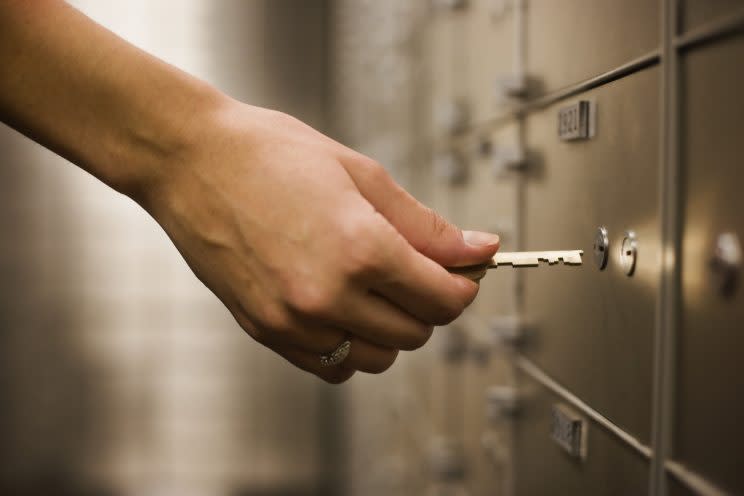How you can get your hands on your unclaimed cash

$4 billion to $7 billion.
That is the estimated amount of unclaimed cash belonging to Canadians that is locked away by companies and government agencies, and available for recovery.
The Bank of Canada alone is holding about $626 million, including one balance dating back to 1900.
So how do you know if you’re one of the millions of Canadians who could have assets sitting unclaimed in a vault?
To start, the Bank of Canada offers an online search tool that lets you track down any unclaimed balances that you are entitled to.
The central bank holds onto Canadian cash or negotiable instruments – e.g. banknotes, demand drafts or cheques – that were held by federally regulated banks or trusts after they were inactive for at least 10 years.
That includes the following types of balances:
Chequing and savings accounts
Credit card balances
Term deposits
GICs
Depository receipts
Bank drafts
Certified cheques
Money orders
Official cheques
Traveller’s cheques
If you find out it has been holding onto your money, you have to submit a claim.
If you’ve got a substantial amount of cash sitting in the Bank of Canada’s coffers there’s no need to rush. It will hold onto balances of $1,000 or more for 100 years.
It will also stash amounts under $1,000 for 30 years.
After that, the Bank of Canada will transfer the funders to the Receiver General for Canada and they will be gone for good.
But the good news is that for the first ten years, funds that were held in interest-bearing savings accounts, before being transferred to the Bank of Canada, will continue to rack up interest.
Meanwhile, other common assets are not held by the central bank, including:
Accounts in U.S. dollars or other foreign currencies
RRSPs and RRIF
Life insurance policies
Credit union of Caisse populaire accounts
Unclaimed balances at utilities and other companies
Gold or silver certificates
Safety deposit boxes
Stocks and dividends
These types of assets can be more difficult to track down, as Canada lacks comprehensive unclaimed property legislation, unlike many other developed nations.
On the provincial level, only British Columbia, Alberta and Quebec have legislation related to the issue.
Residents of those provinces can search for unclaimed balances using databases similar to the Bank of Canada’s here:
British Columbia’s Unclaimed Property Society
Canada’s Office of the Superintendent of Bankruptcy Canada also holds some unclaimed property related to bankruptcy.
The Bank of Canada advises people to contact provincial securities commissions about money they’re entitled to that were in stocks, dividends or securities.
LegacyTracker – a website that is geared towards helping people track their finance and estate documents – has also pooled a list of resources for Canadians to hunt down their unclaimed assets.

 Yahoo Finance
Yahoo Finance 
